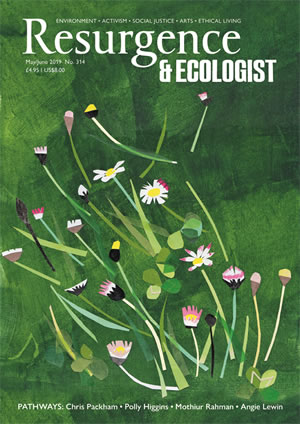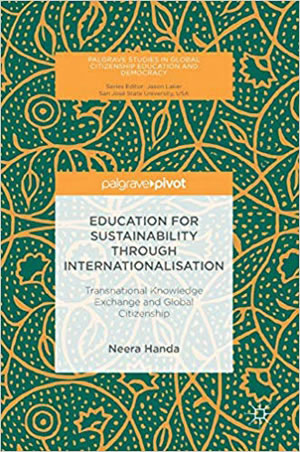Neera Handa, a Fellow at Western Sydney University, Australia, has written a most timely book on holistic education. The title is long but it gives a good explanation about the subject matter of the book, which is part of the series Palgrave Studies in Global Citizenship Education and Democracy.
If we wish to create a new world order that is peaceful and sustainable, we have to start with education. The present educational system trains young people to fit in with the materialism of modern times and the economic growth paradigm. Our schools and universities educate the young for jobs rather than for life. The human spirit plays no part in this paradigm. Neera Handa suggests that such an educational system is now out of date.
The world is in need of updating our ideas of education in the context of the current human predicament and the precarious state of planet Earth. We need to internationalise teaching and learning for sustainability of the natural environment and for the enrichment of cultural diversity. East needs to learn from West, and West from East. We need to develop a world perspective and rise above narrow national interests. If we include such a broad vision in the process of learning, we will be able to develop the great ideal of global citizenship.
The author takes much of her inspiration from the ancient and contemporary cultures of India and suggests that such age-old wisdom and spirituality are highly relevant to our time. She gives many good examples of innovative experiments in India that show the way to a holistic perspective that can help to establish a more harmonious relationship between humanity and Nature as well as among various human cultures. She suggests that we can build healthy social and environmental systems successfully only if we have a firm ethical foundation.
The book is rich with abundant notes and references and practical ideas. These will be useful to teachers, academics and educational researchers.








